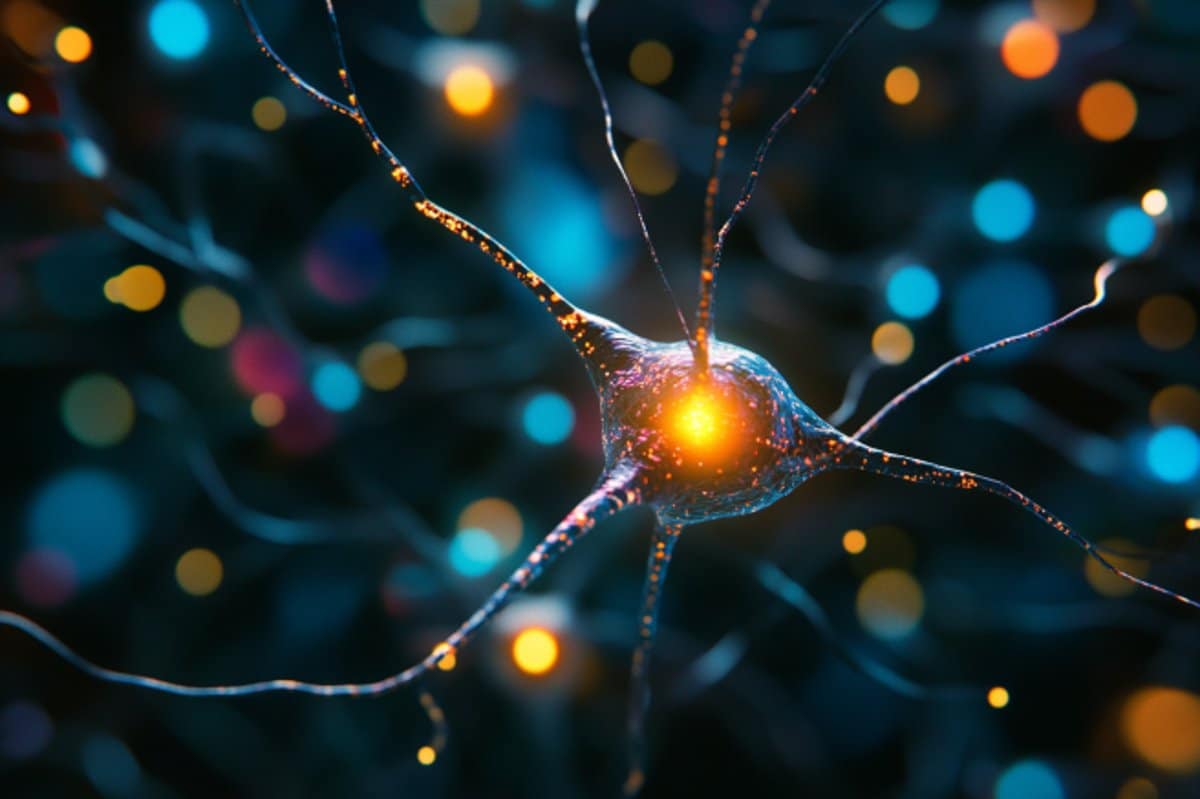
Whether cells in the human body survive or die under stress depends, among other things, on their mitochondria. Scientists at the Faculty of Medicine at the University of Freiburg have now shown that a sudden stop in energy production in mitochondria prevents normal cell death or so-called apoptosis and instead triggers an inflammatory response. The results of this research were published in the journal Immunity.
“We found that mitochondria provide a kind of decision-making aid: they regulate whether a cell undergoes clean, silent apoptosis or releases pro-inflammatory messenger substances,” explains Prof. Dr...
Read More








Recent Comments